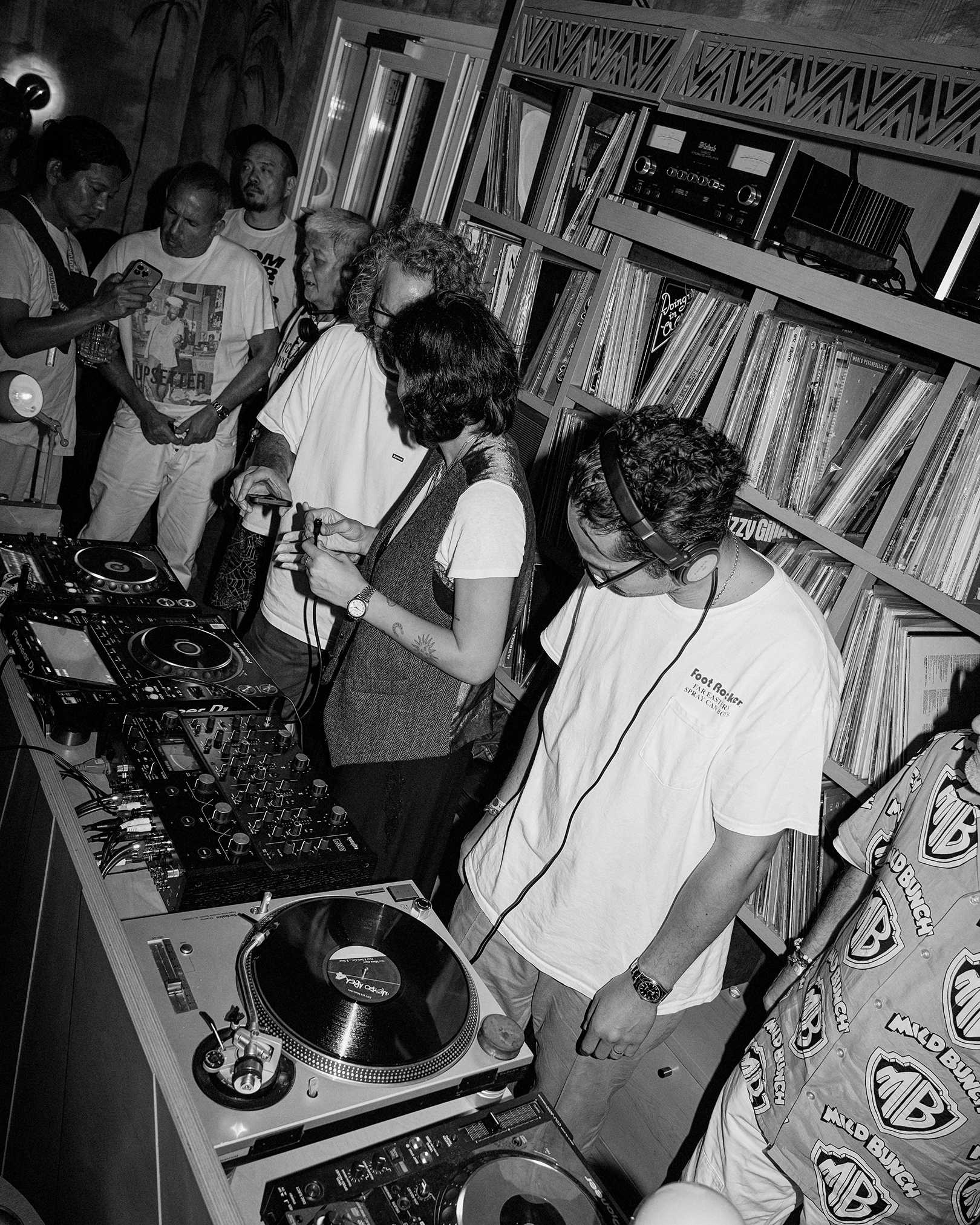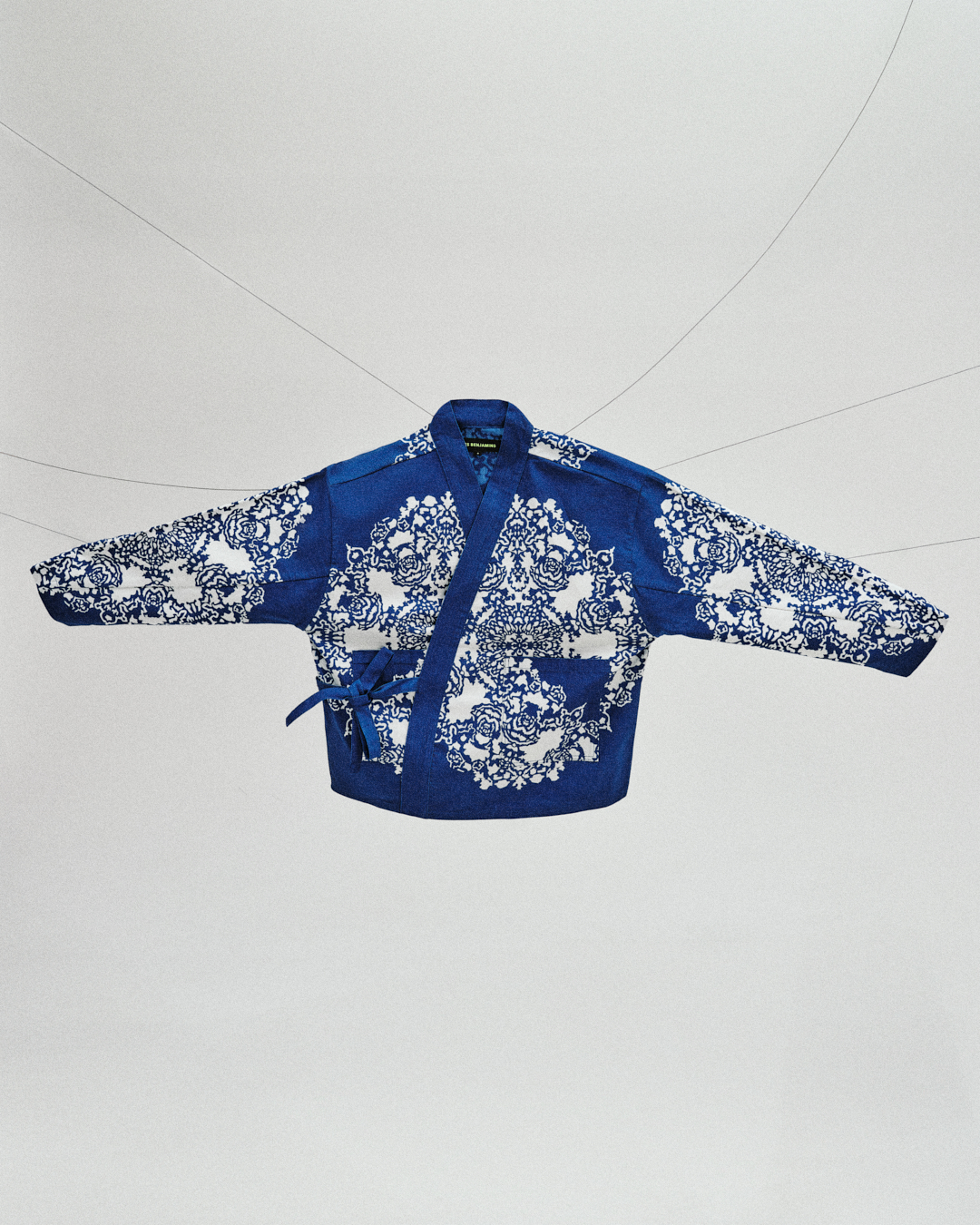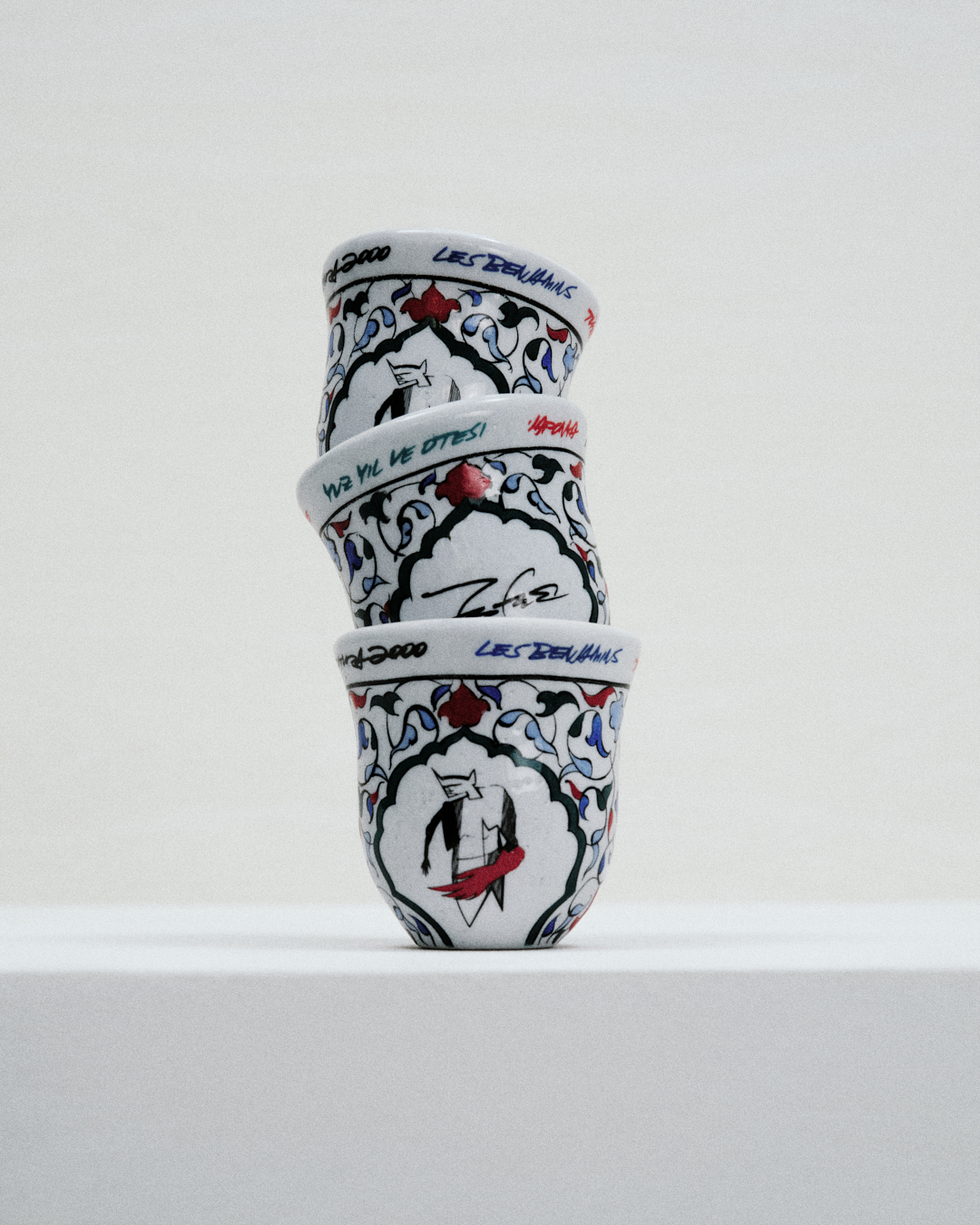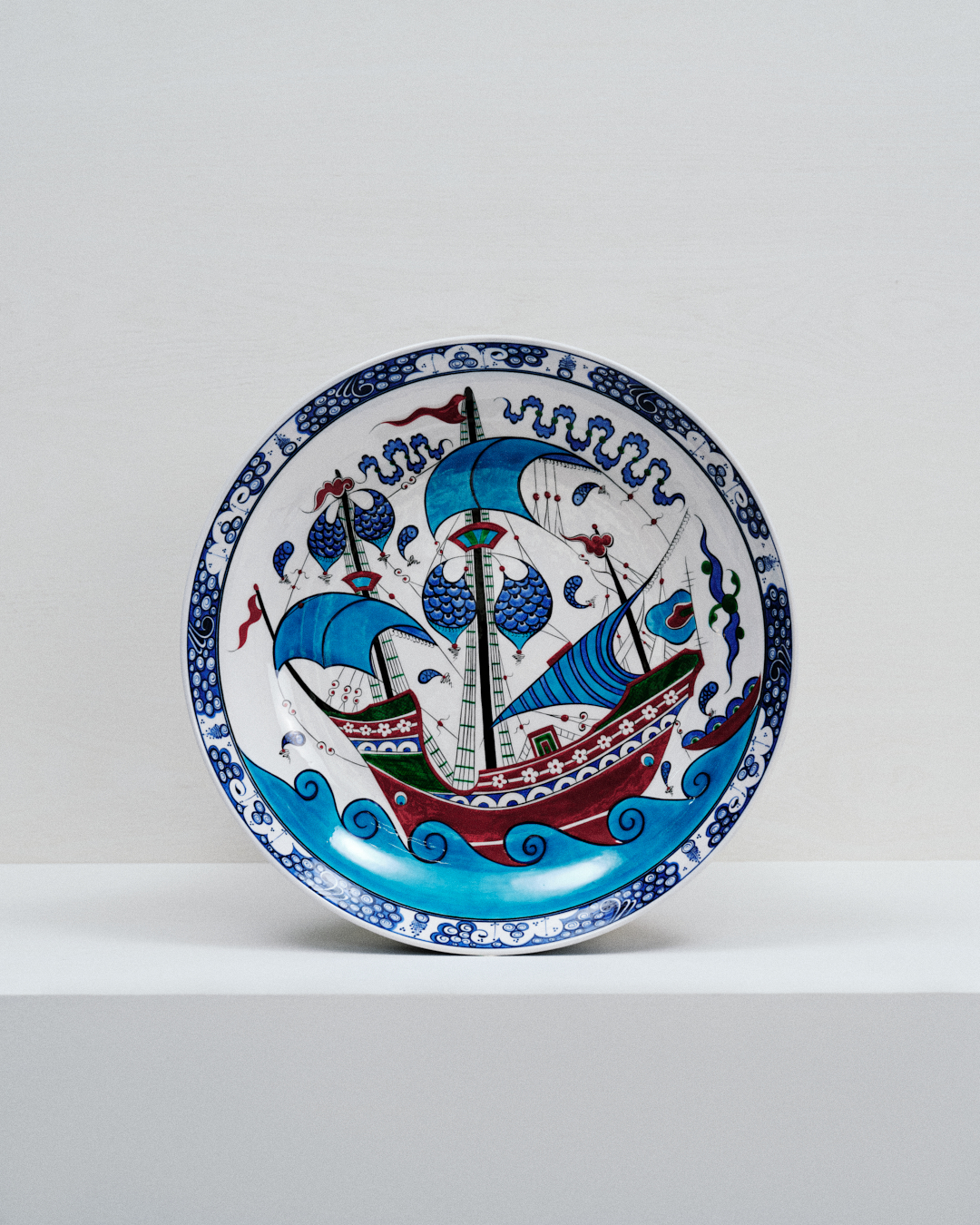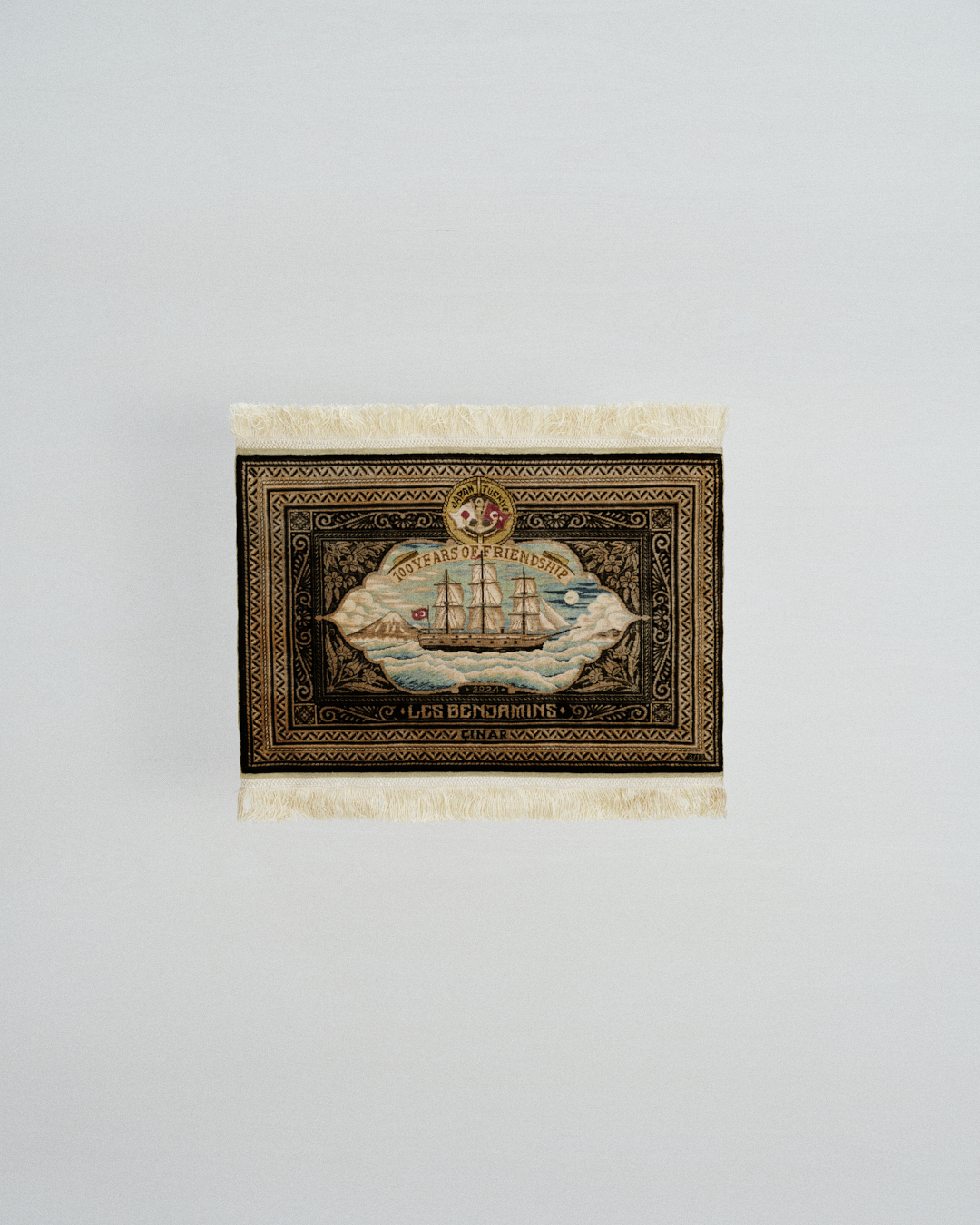News

In a world obsessed with speed and mass production, the delicate art of craftsmanship is often left on the sidelines, a fading tradition that’s increasingly difficult for countries to hold onto. But it’s precisely this craft, born of patience and passed down through generations, that Les Benjamins is working to protect and celebrate. This September, the brand is marking 100 years of Türkiye-Japan relations by blending the artistry and cultural legacies of both nations through cultural collaboration. It’s a rare moment that looks back at craftsmanship’s past and forward to its future, using its brand as the bridge between two countries that share a mutual respect for the hand-made.
Les Benjamins’ founder and creative director, Bünyamin Aydin, took a personal journey to Japan in 2022, tracing the country’s artisanal roots from Tokushima to Tokyo. What he found there was an unexpected mirror of his own Turkish heritage: a shared passion for detail, tradition, and the kind of care that mass production simply can’t replicate. Aydin’s travels weren’t just about discovery—they were about building relationships with artisans, preserving the spirit of craftsmanship, and infusing it into something that could speak to future generations.
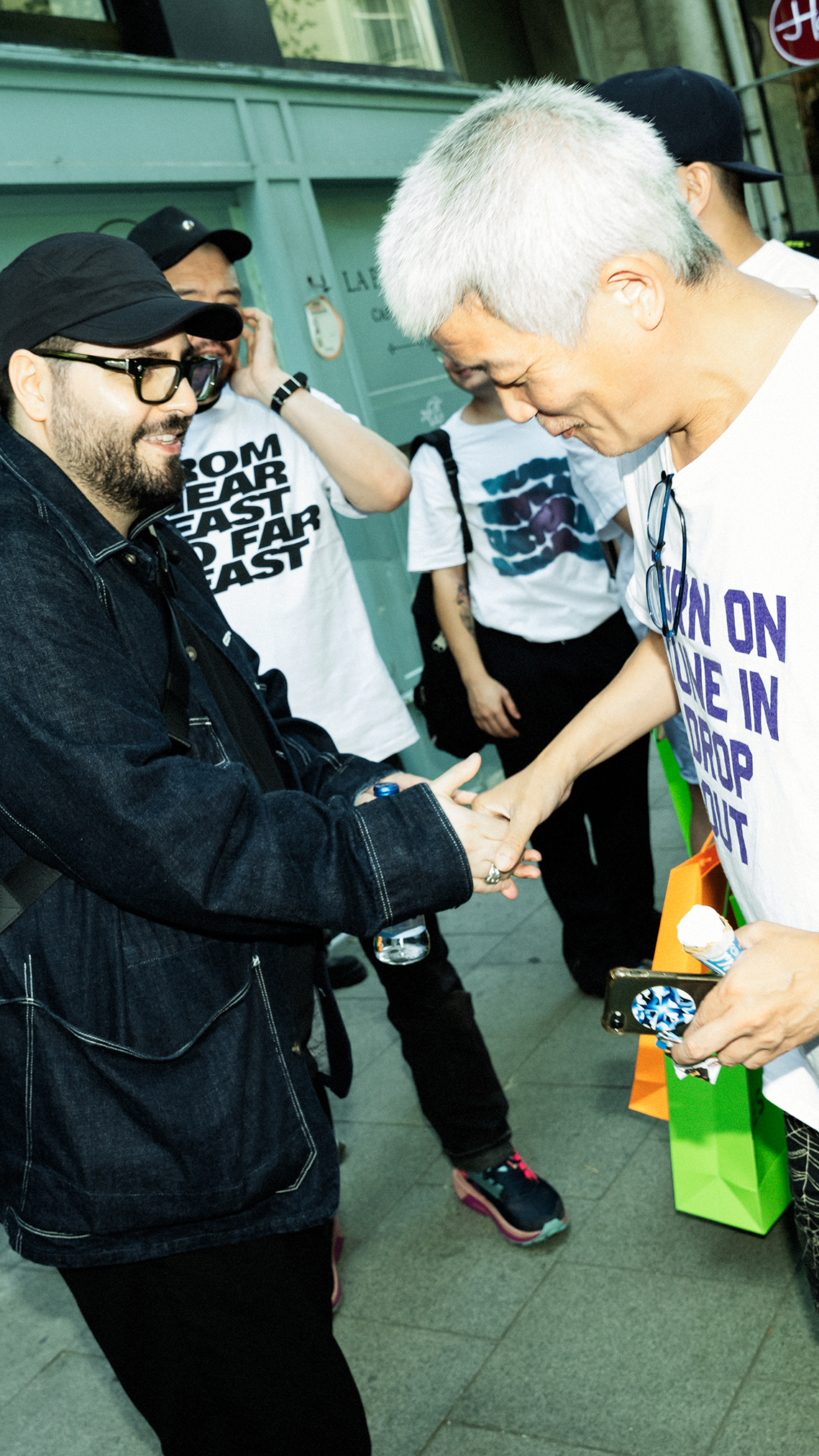
At the heart of the collaboration is a nod to the friendship between Türkiye and Japan, a bond first solidified over a century ago when the Ottoman frigate Ertuğrul sank off the coast of Japan in 1890. The disaster saw Japan rescue 69 sailors, an act that cemented a relationship of respect and cultural exchange that continues today. “Fashion has a huge responsibility to build cultural bridges,” Aydin reflects. “In 2024, we’re celebrating 100 years of friendship—how can we celebrate the next 100 years and inspire the next generation?”
This centenary collaboration brings together over 20 artisans from Türkiye and Japan, showcasing craft traditions that have survived the test of time. The collection’s centerpiece is an indigo-dyed capsule created in partnership with Buaisou, a Japanese indigo specialist, which incorporates the signature Les Benjamins carpet monogram into traditionally dyed fabrics.
The Tokyo-based illustrator Makoto Yamaki was another highlight as he reimagined the classic Anatolian carpet design through his lens, adding an unexpected twist to traditional Turkish iconography. Kyoto-based Gion Naito crafted Japanese zori slippers featuring motifs inspired by both nations, while Shokuraku Asano’s placemats merged obi fabric with symbols pulled from Anatolian rugs. From handcrafted Leica camera straps adorned with Turkish tulip and Japanese cherry blossom designs to incense made in collaboration with Kyoto’s Sanga, each item speaks to the crossover between the two cultures.
But Les Benjamins isn’t just spotlighting Japan—Türkiye’s own artisans are center stage, too. From the intricate carpet weaving of Cinar Hali to the centuries-old paper carving tradition known as kati by Ersin Yildizhan, the project is a platform for Turkish craftsmanship to stand alongside its Japanese counterparts. An extension of this is Mehmet Gursoy who contributed a stunning vase and display plate, demonstrating the versatility of Turkish craft. Miniatures by Taner Alakus and calligraphy by Savaş Çevik added even more layers to this cross-cultural narrative.
With several exhibitions hosted at the Les Benjamins flagship store, ICON attended the hands-on experiences. Panels, dinners, and collaborations rounded out the schedule, including a headline-grabbing evening where Turkish and Japanese chefs came together for a one-off menu at Michelin-starred Arkestra, celebrating culinary craftsmanship.
Our experience ended with a DJ set from Tokyo’s Mild Bunch Soundsystem, and the message is clear: this collaboration is more than just a nod to the past. It’s a call to preserve, protect, and push forward the art of craftsmanship in a world that’s in danger of forgetting its value.
